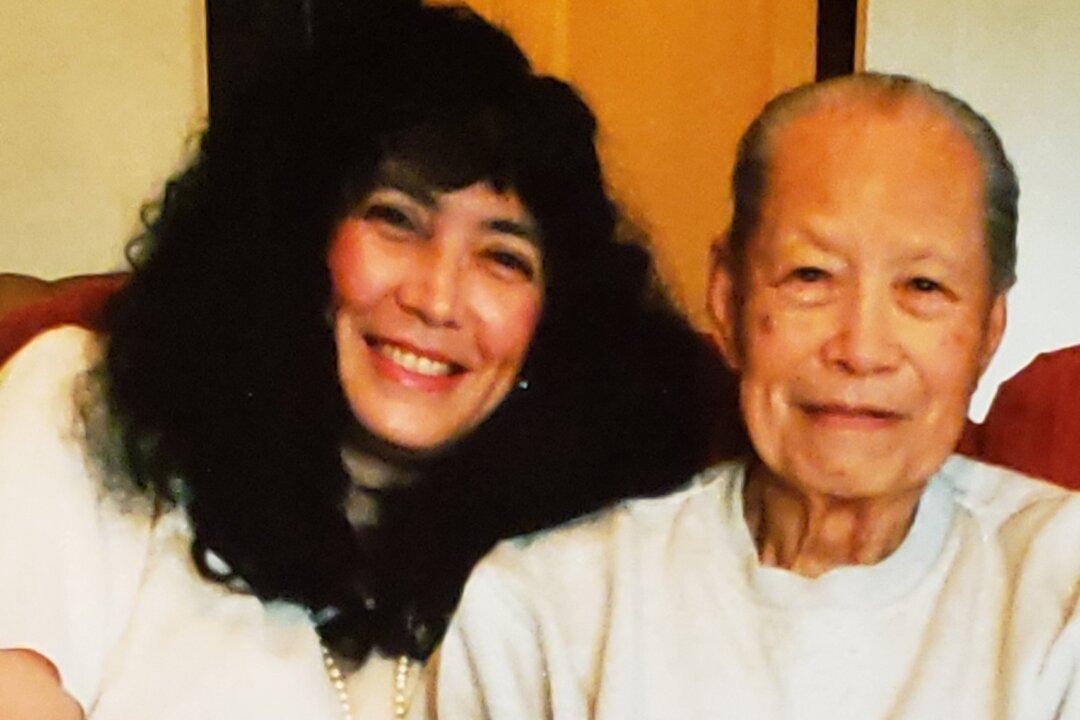Sunday is Father’s Day.
In Catholic Europe, fathers had been celebrated since the Middle Ages albeit in March coinciding with the feast of St. Joseph.

Sunday is Father’s Day.
In Catholic Europe, fathers had been celebrated since the Middle Ages albeit in March coinciding with the feast of St. Joseph.